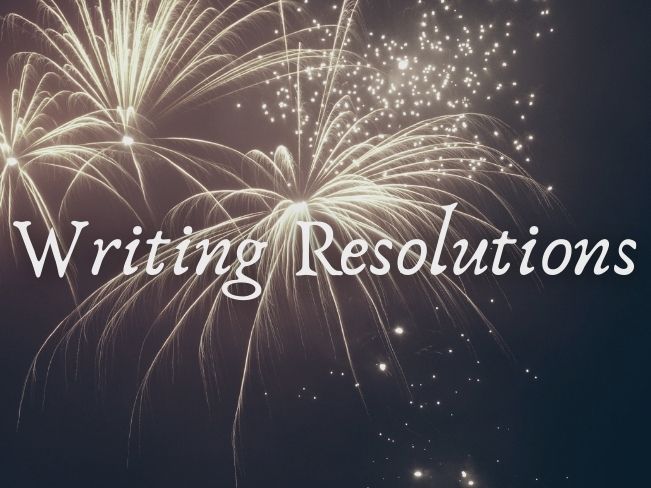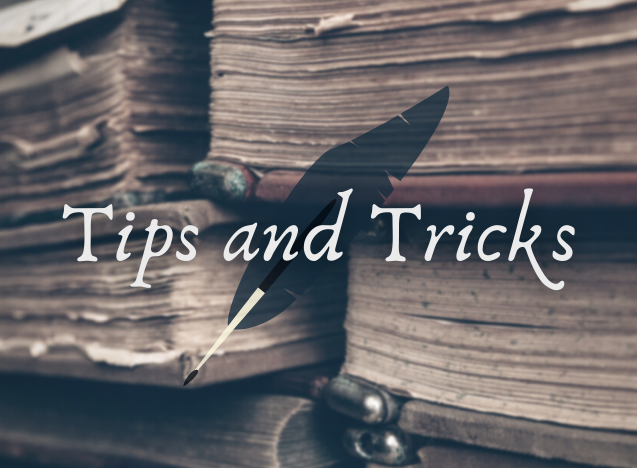One of the chief mistakes I see in the opening paragraphs of my clients’ work (and let’s be fair, my work, too!) is a missing story element. While there’s no true recipe for writing a banger of a story opener, when it comes to genre fiction, the large majority of great openers* rest on three solid pillars:
- They ground the reader in place and time by establishing setting
- They connect the reader to a character
- They establish a purpose for that character
You might think, damn, that’s a whole lot to do in a paragraph or two, and you’re not wrong! But part of what separates a good writer from a great one is the ability to pick, with laser-like precision, the exact right opener that lets them get all three on the page immediately.
Most effective openers are either written in-scene, or, if they start out of scene (up in the protagonist’s head, in memory, in recollection, etc.) they quickly zoom into real-time writing. When we talk about in medias res writing, that’s really what we mean—starting in-scene. It’s hard for the reader to find their footing when the character’s head is in the clouds!
Likewise, it’s also hard for them to find their footing when the story opens so directly in the middle of the action that time, place, and purpose become unclear. Chase scenes, for example, can be difficult for this reason. If the character is running for their life, it can be challenging to give the reader a good look at where they are, who they are, and why they’re being chased. The hook isn’t in bombastic explosions; it’s in the immediacy of the reader’s connection to character and world.
Let’s take a look at how to develop this connection by using examples. This might be a fun one for anyone who has read my backlist, because I’m starting with the opening lines of Wicked Waters. I wrote this version of the opener around 2016 and haven’t touched it since then.
Foul air clung to the town like a pestilent blanket. The breeze had died days earlier, leaving the inland provinces to suffer in sweltering, stagnant heat. A thick silence reigned. Even the animals had fled. Nothing moved but for a few wisps of smoke rising from smoldering ruins.
What’s off about this? Nothing tremendous, but it’s missing both character and purpose. In other words, the opener is imbalanced, and through that imbalance, misses an opportunity to connect to the reader.
To fully rewrite this, I’d need two paragraphs—but feel free to judge the strength of the rewrite on the first paragraph alone.
Foul air clung to the town like a pestilent blanket. The breeze had died days earlier, leaving the inland provinces and all the unfortunate souls within them to suffer in sweltering, stagnant heat. Valory bar Adrianth counted himself among those unfortunate souls, but duty was duty, and if he didn’t haul his men to the arse end of nowhere in the name of keeping the border secure, who would?
Not that there was much left of Lannoch to secure. The town lay silent and still when they arrived, for even the animals had fled. All that remained were wisps of smoke rising from still-smoldering ruins—a lonely blight upon the province’s arid grasslands.
This version of the opener starts with the same distant overview of setting, but quickly zooms in to mention people in the general sense, then name the POV character directly. Not only does this introduction establish character, but it connects character to setting by showing the reader what he thinks about it.
We also learn quite a bit about Val throughout these lines: that he’s duty-bound to keep the border secure, that he’s a leader in charge of others, and that he takes a somewhat sanguine tone when confronted with tragedy. In other words, we don’t just get character, but we get purpose and voice, too.
The next major change happens in the following paragraph when the town itself gets connected to a broader setting. In the original, the town isn’t positioned within the story’s broader world—it isn’t even named! In the new version, the reader gets a clear picture of a lone town in the middle of arid grasslands.
It’s still not perfect (I rewrote it about ten minutes ago, to be fair), but it’s much stronger hook, no?
So, what actionable advice can we take about world, character, and purpose? For my part, I’d say that writing a good opening scene is about giving the reader:
- A vivid visual of the setting
- A keen and quick sense of who the character is
- A hint at how character and setting are connected to one another, ie: why is this character here and/or what is this character trying to do here?
*Caveat: there are plenty of ways to write an opener, and I’m sure you can come up with examples of books you’ve loved that haven’t hit all three of these bullet points. That’s fine! Art is gooey and subjective, and there’s no true formula for hooking readers in. But in the full version of this post (which you can find at the AuthorShip+ tiers on my Patreon), I’ve fleshed out my theory with more examples from some of this generation’s best Fantasy writers: Jemisin, Chakraborty, Lee.
With all that said, here are some questions for you:
What do the opening scenes you love have in common? What elements of setting do your favorite writers tend to focus on in order to get the most powerful, impactful image onto the page? How do they use the vividity of those settings to hint at character purpose?
And how do they connect the reader to character? Through description? Through narrowing psychic distance and using deep interiority?
The only practice better than picking apart the works we love is taking the time to work and rework our own writing. Pick an old opener of yours, pull it apart, and try to figure out why it didn’t land right. What’s it missing? How might you tweak it to create a sharper hook?
I hope you find the exercise as helpful as I just did!
 Do Your Characters Have Stage Fright?
Do Your Characters Have Stage Fright? Writing Resolutions
Writing Resolutions Using Description to Enhance Character
Using Description to Enhance Character
Leave a Reply